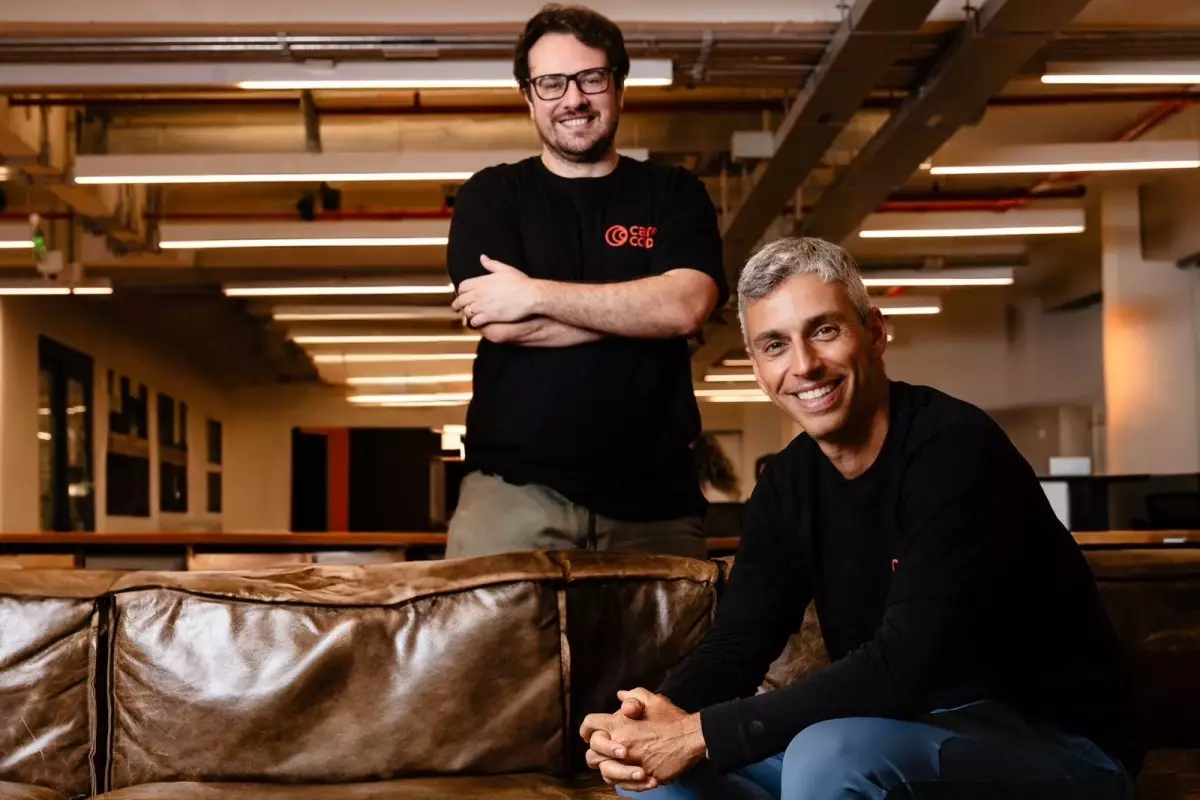In recent years, the healthcare sector has increasingly looked toward artificial intelligence (AI) to enhance not only medical practices but also the ancillary functions that ensure seamless patient experiences. As medical professionals work diligently to diagnose and treat, administrative tasks such as appointment scheduling, confirmations, and patient communications have remained cumbersome. Addressing this gap, startups like Brazilian company Carecode are harnessing machine learning to tackle the intricacies that typically reside within call centers.
Transforming Healthcare Operations
Carecode emerges from stealth mode under the leadership of CEO Thomaz Srougi. With a foundation rooted in a family of medical practitioners, Srougi’s understanding of healthcare dynamics is profound. His previous venture, Dr. Consulta, provided him with invaluable insight into the private medical service landscape in Brazil, where he learned that pre- and post-appointment interactions are just as vital as the consultation itself. “Many people overlook the importance of appointment management; however, my decade-long experience in healthcare has taught me its critical role in improving medical outcomes,” Srougi remarked.
This founding philosophy drives Carecode’s mission to streamline processes that occur around medical appointments. By automating a majority of tasks traditionally managed through call centers, Carecode aims to reduce operational costs while optimizing patient engagement. Their innovative AI agents target these often-overlooked areas, suggesting a shift in focus that could yield significant societal benefits.
The startup’s early fundraising endeavors reflect confidence from the investment community. Carecode successfully secured a pre-seed funding round of $4.3 million, backed predominantly by renowned venture capital firms such as Andreessen Horowitz (a16z) and QED, alongside local investors like Nubank founder David Vélez. Despite the challenges of a so-called “startup winter” in Latin America, Carecode’s ability to attract high-profile investors speaks volumes about its potential in a high-stakes industry.
As healthcare expenditures continue to escalate, the ability to cut down on administrative costs is crucial. In Brazil, healthcare companies reportedly allocate an astounding 50% of their revenue to contact centers and administrative payroll—an issue that Carecode aims to address head-on. Leveraging a seasoned team including co-founder Pedro Magalhães, a former CTO of other startups, Carecode presents a promising case for both innovative technology and experienced leadership.
Localization and Market Adaptation
A significant aspect that distinguishes Carecode from its competitors is its ability to resonate with local users. Recognizing that many Brazilians, particularly older demographics and low-income individuals, prefer communication via WhatsApp, Carecode has tailored its services to meet users where they are. By supporting both text and audio messages, the startup enhances accessibility. Srougi emphasizes the importance of these localization strategies and mentions future integrations of voice calls to further these efforts.
The adaptability not only improves user experience but also positions Carecode favorably against more generic solutions such as Sierra, an AI startup in the United States. As experts like QED’s Brazil partner Camila Vieira Fernandes note, Carecode’s vertical approach to healthcare communication offers a specialized solution that can outperform broader applications that may require multiple integrations — often resulting in disconnected services and a poor user experience.
As Carecode establishes itself within the healthcare realm, potential for expansion looms on the horizon. Srougi outlines aspirations to diversify into sectors closely aligned with healthcare, including life insurance and financial services. This strategy not only reflects a proactive growth mindset but also exemplifies the versatility of AI applications in a wide array of sectors.
While the vertical model implies constraints regarding market size, the pressing issues within Brazil’s healthcare system create ample opportunities for impact. By addressing the exorbitant costs associated with contact centers, Carecode champions a more efficient healthcare communication channel, ultimately enhancing the overall patient experience.
As healthcare systems grapple with rising costs and complex logistics, technology-driven solutions like Carecode emerge at a pivotal moment. By focusing on streamlining administrative interactions, Carecode doesn’t just symbolize advancement in healthcare technology; it embodies a holistic approach to patient care that emphasizes the importance of communication. With innovative AI solutions that resonate with local users, the potential to redefine healthcare operations is within reach, heralding a new era in which patient experience and operational efficiency are inextricably linked.

